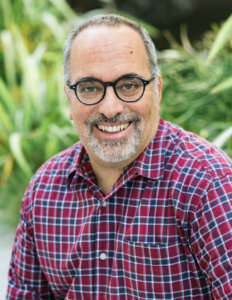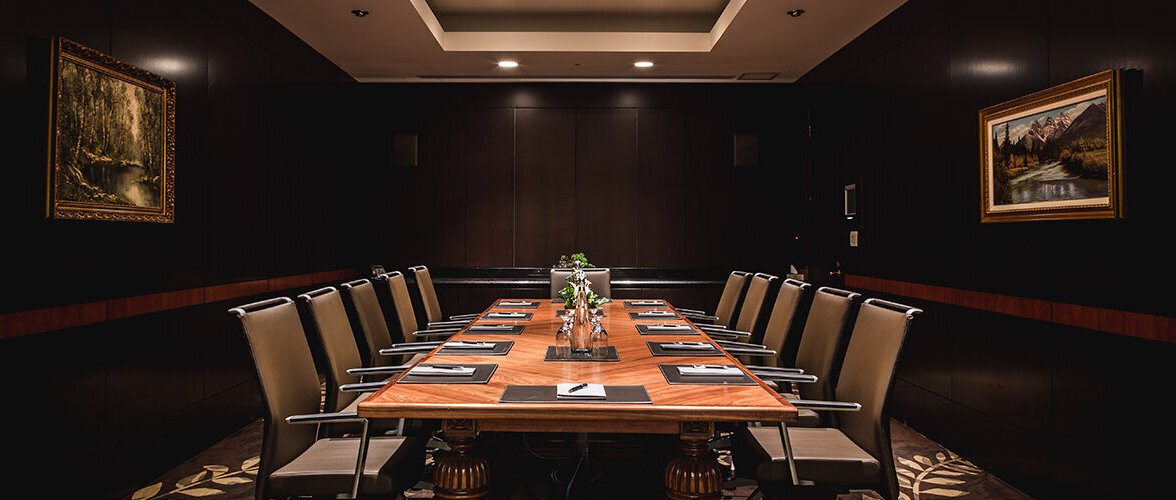 When People magazine interviewed David Roth and Rick Bacher back in 2004 for an article on the launch of Cereality—the PepsiCo-backed, all-cereal, all-day franchise they co-founded—the journalist asked David to identify his first entrepreneurial memory. He answered: “Well, I got my family to change our last name when I was 11 years old.”
When People magazine interviewed David Roth and Rick Bacher back in 2004 for an article on the launch of Cereality—the PepsiCo-backed, all-cereal, all-day franchise they co-founded—the journalist asked David to identify his first entrepreneurial memory. He answered: “Well, I got my family to change our last name when I was 11 years old.”
A self-described “serial and cereal entrepreneur,” David’s life and career have been filled with these types of bold moves. He describes them as “restaging” and explains, “Restaging is kind of a learned reflex for me. It’s how I’ve always lived my life.”
David and Rick run a brand strategy and design firm called Get Stirred Up. After relocating to Vancouver from Colorado, they decided to join Terminal City Club. “It seemed like an ideal place to build relationships. There are so many epicurean-oriented events and impressive settings for business meetings.” But just a short time after becoming a member, as he puts it, “The world shut down. Suddenly everyone, everywhere had to restage their lives before they could reengage in the world. I just got a head-start.”
These circumstances reminded David of another time in his life, when his family’s business struggled just as he started college. “I suddenly went from full-time studying to full-time waitering, with feverish determination to somehow come out on the other side with my sanity and a degree. Everything had to be improvised.” Nine restaurants and multiple academic programs later, including the chance to study voice at New England Conservatory, David ended up earning his master’s degree from Harvard, where he studied human development.
David’s career has also been an improvisation. He started out as a communications consultant, working with Bank of America and Wells Fargo on M&A transactions and thorny issues like substance abuse and depression in the workplace. However, as he explains, “That literally made me depressed in the workplace. I wanted something more in sync with my personal interests.” So, at the age of 28, he ended up creating the first-ever culinary travel magazine, Palate and Spirit. The magazine was filled with personal essays from celebrated food and travel writers, all of whom he promised not to edit. “I knew I made the right career switch when I ended up in an elevator holding a stack of my magazines and standing next to me was Julia Child. She asked, ‘What have you got there, young man?’” Not only did Julia become a good friend, she also allowed David to publish her never-before-seen photos and stories from when she first visited Europe.
The success of the magazine led David to strike an editorial and advertising partnership with The New York Times and then become the associate publisher for all travel publications at Random House.
Later, as a marketing consultant, David became intrigued by Sephora’s approach to what he calls “democratizing the heavily branded cosmetic category.” He wondered what other category might be ripe for such transformation and landed on breakfast cereal, which has its own supermarket aisle. He explains, “Cereality was conceived as a home for cereal, away from home—with a Jerry Seinfeld meets Martha Stewart vibe. Forty brand name cereals, 40 toppings and seven types of milk. A place that always felt like Saturday Morning.”
Getting investors to believe in the concept was challenging, but David and Rick convinced the president of PepsiCo’s Quaker Foods to provide non-equity financing in exchange for limited menu exclusivity and key data.
With a press release headline that read: “95% of Americans Like Cereal. 57% Like Sex. We’ve Got Cereal,” their story about innovation got a lot of national attention. “We were featured in that People magazine article and on the cover of The New York Times when we had only one small store. Katie Couric introduced us and our concept on the set of The Today Show. And then we began opening stores across the U.S. and striking amazing strategic partnerships with companies like Old Navy, Mars, Dodge and DreamWorks. We even had our own branded car at a NASCAR race. It was an extraordinary entrepreneurial experience.”
Three years later, with seven company-owned stores in operation and 26 franchised units in development, Cereality was acquired by the parent company of Cold Stone Creamery and David and Rick left to take time off and decide what they wanted to do next. When that deal was announced, David was interviewed by Restaurants & Institutions magazine. The headline for that article read: “The Cereality Acquisition: Big Ideas Live.” That headline sparked the decision to create Get Stirred Up. As he states, “We’re committed to making sure other business owners’ big ideas live.” The branding firm has worked with clients in such fields as healthcare, investment banking, construction, aerospace, and food manufacturing.
As David is now spending more time at TCC, he says that he’s looking forward to meeting other members and learning about their own big ideas and how they’re restaging their lives or businesses for these unusual times. “Sharing stories about great meals or clever ways to sneak Cocoa Puffs is a great ice-breaker,” he says. But fair warning: David doesn’t actually like cereal and will never reveal his former last name.

